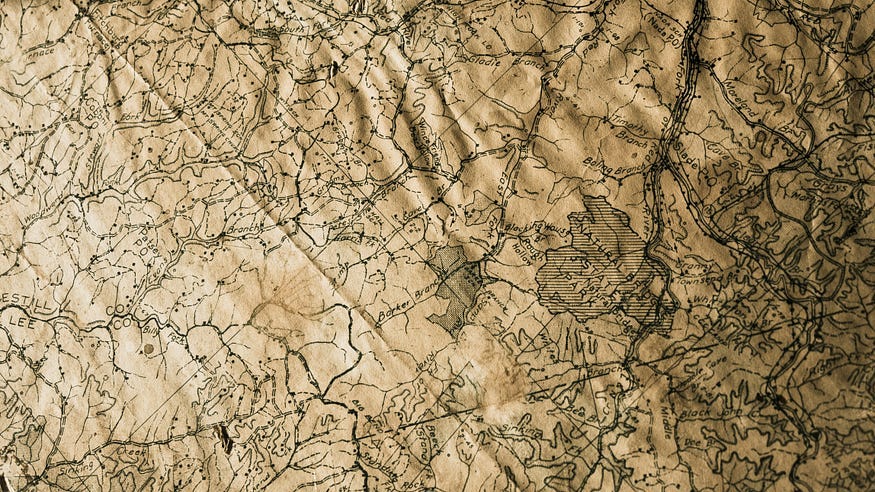The middle way is a path that leads to enlightenment, according to Buddhist philosophy. It’s also a phrase that encompasses the careful treading between realpolitik, that threatens and puts obstacles in the way of meaningful change, but currently controls the narrative, and the gentle, persistent engagement in teasing apart the story that underpins those threats and obstacles to open up creative, viable responses to our current ecological emergency.
The first story: the green movement
The first story that requires our attention is that the green movement in its many forms is a requirement for reversal to a life of drudgery and loss. Why could not sustainability be grounded in a vision of what is truly “good for” life, including human life? This doesn’t need to mean aiming for utopia, and in fact, that feeds into the dangerous trick of justifying current hardships and even abuses in the name of a future heaven. Not far from what the Nazis did, when you think about it. Instead, we need to accept what we are — natural, evolved species and systems, which are, by definition, imperfect, and in process, within natural, evolved systems, that are competing and cooperating, constructing and deconstructing all the time — and work from there.
The second story: the myth humanity is categorically different
The second story that requires unspooling and retelling flows from the first: the myth that we are not natural, that humans are categorically different from all other species, is a trick of the mind that allows us to segregate, entirely unjustifiably, human from natural activity. The problem is that the very separation creates a different category of reality — Lisa Feldman Barrett calls it social reality and differentiates it from cultural reality. The fact is, social reality interacts with physical reality, changes it, and even causes its destruction. Social reality — beliefs in gods, and money, and human superiority — has shaped the physical structure of the world we live in, most obviously in cities, but in fact, in the entire way natural systems now act and interact, from the microparticles of pollutants found at the tops of mountains and the deeps of oceans to the cathedrals and corridors of power and prestige that shift the balance of which humans control what in increasingly unequal and unjust ways.
The third story: reimagining ourselves
The third flows from the second: if we can reimagine ourselves as creating niches for other species through our constructions, as well as destroying niches and systems through our actions, we can manipulate how we create ecological systems through our beliefs and therefore through our actions. We can do this through the simple precedent of taking a moment before we act to ‘see’ the systems that we are made up of, from our breath to our cells to our memories, in all their intimate interconnectivity. This can take us from the left brain, top down, thinking that still determines that we are free to act independent of the bones and blood, the breath and brain states. It can shift us into the right brain, holistic awareness that everything is happening all at once, and we have the means, if we choose to, to become the observer, an act which itself shifts the relationships between all the systems being observed.
Freedom to adopt an attitude instead of freedom to control
To sum this up: we can live well and live lightly, while accepting that we are in imperfect, shifting, but negotiable relationships, and we can view our freedom as Viktor Frankl did, as freedom to adopt an attitude, rather than freedom to control the situation. These three changes then make us much more powerful negotiators in the political arena where fragmenting political ideologies compete to double down on their denials, even as the world burns. We need much more sharing of this kind of steady steering of a course through the middle way, because resilience demands diversity, and narrow views will simply ghettoise and weaken our chances of long term survival as a species whose unique skills have been dwarfed by hubris and, ultimately, self-hate. We need to consider ourselves with compassion, as species and systems struggling with the tensions and trials of living and dying, but we need also to recognise that in this we are far from unique: instead, it is in compassionate awareness of our interconnection that our freedom lies.
Politics





